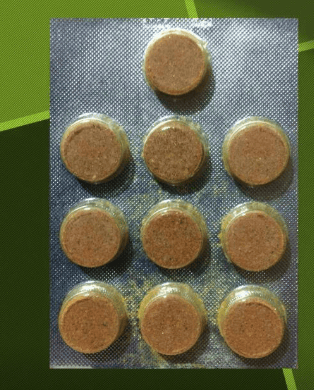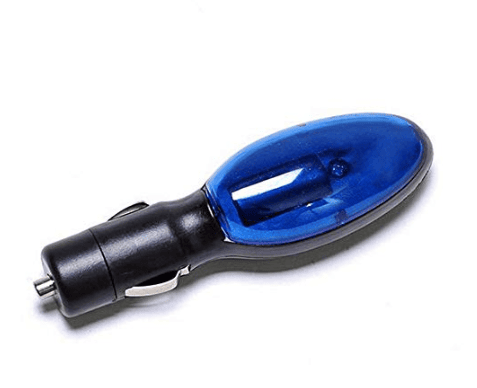The combustion engine has been part of our life for more than 200 years and when it was invented in 1823 the objective was to get humans moving without animal power. The engine evolved and in recent years (last 25 years or so) there has been a concentrated effort by vehicle manufacturers to develop the most fuel efficient engine.
The more fuel efficient, the better the selling prospect (ignore supercars and luxury sports SUVs) and so car manufacturers hired the best brains in the automotive business to develop better car engines with better fuel-Injection systems and lighter yet stronger materials to get better fuel consumption.
- Fuel companies like BHPetrol and Petronas work with their scientist to deliver better quality fuel that burns more efficiently for better fuel consumption.
- Lubricant companies like Ravenol and Mobil 1 work with scientist to deliver better oils for lower engine temperatures and smooth engines for better fuel consumption.
- Tire companies like Bridgestone and Michelin work with engineers to develop low rolling resistance with good grip tires to deliver better fuel consumption.
Now all the above 3 industries are actually working to provide fuel savings, if you do follow their individual strict guidelines. But here comes the 3rd biggest con-job in the auto market.
We are sure you have seen advertisements online, in workshops, in the newspapers, car magazines (the few still in print) and at car shows and exhibitions proclaiming fuel savings from devices, tablets, sprays and so on that will save you fuel from ignition.
These various mileage-boosting products come from all over the world (with just registered addresses for mails) and they all have ‘guaranteed’ success and with strong scientific and authority confirmations.
In Malaysia, they are often ‘fronted’ by a foreigner in a suit and sporting a posh accent that convinces Malaysians that they will get 10-25% better mileage by dropping a few tablets in their fuel tank or by attaching a special device to their fuel line or by pouring their product into your fuel tank.
In almost all cases, the products mentioned above will incur long term damage to your vehicle and might even produce worst fuel mileage.
Best of all, the sales of these products will emerge every time the price of fuel rises.
Think about it folks. If any of these products really worked, the car manufacturers will be their 1st customer. Car manufacturers want fuel savings to generate more car sales.
So think wisely the next time you are about to buy one of these devices, oils, sprays or fuel savings tablets.


